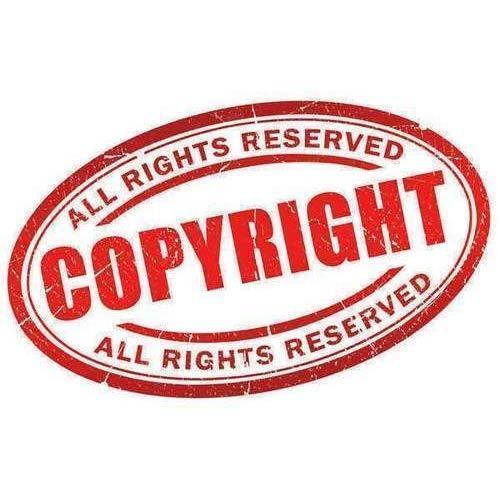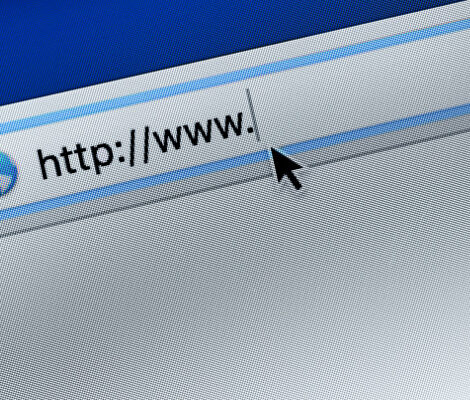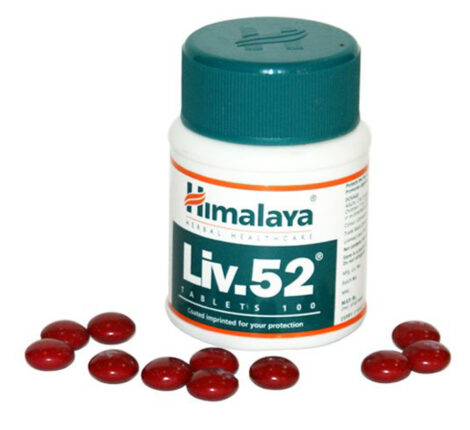Remedies for Online Copyright Infringement
Copyright
Copyright refers to the right of the owner of belongings of intellectual property. In simpler terms, copyright is that the right to copy. This means that the initial creators of products and anyone they offer authorization/licensing to are the sole ones with the perquisite to breed the work.
Copyright law gives creators of original material the right to further use and duplicate that material for a given amount of your time, at which point the copyrighted item becomes property right.
Copyright infringement
Copyright infringement is that the use or production of copyright-protected material without the consent of the copyright holder which results in actual damage to the copyright owner. Infringement of copyright implies that the rights afforded to the copyright holder, like the exclusive use of a piece of work for a collection period of your time, are being breached by a third party. Music and flicks are two of the foremost well-known styles of entertainment that suffer from significant amounts of infringement of copyright. Infringement cases may cause contingent liabilities, which are amounts put aside just in case of a possible lawsuit.
Remedies
Remedies available to one against whom copyright infringement has taken place are:
– Civil remedy
– Criminal remedy
Civil Remedies:
The more common remedies availed by authors just in case of infringement are mostly civil in nature. Civil remedies are available to an aggrieved author of a copyright under Section 55 of the Copyright Act, 1957. The assorted civil remedies are:
1. Interlocutory Injunctions: One in every of the foremost necessary remedies for violation, in most cases, the relief is granted by injunction. An injunction might either be interlocutory, one that is granted before the trial and solely till once the trial or more order, or it should be final and permanent. Applications for interlocutory injunctions are oftentimes created in actions for infringement of copyright since actual damages are seldom. An adequate remedy for the injury suffered by the litigant. The target objective of an interlocutory injunction is to supply the litigant immediate and temporary protection against any continuous violation of his rights that he cannot be adequately be compensated in any terms of damages. After the English case American Cyanamide v. Ethicon Ltd, three conditions to be grant as interlocutory injunction were laid down as-
– Firstly, there has to be a prima facie case.
– Secondly, there has to be a balance of convenience.
– Thirdly, there has to be an irreparable injury.
In the case of, Gujarat Bottling Co Ltd. V. Coca Cola Company and Ors, 1995 (5) SCC 545, the Hon’ble Supreme Court held that “The object of the enjoining is to shield the litigant against injury by violation of his right that he couldn’t be adequately stipendiary damages retrievable within the action if the uncertainty were resolved in his favour at the path.”
2. Pecuniary Remedies: Copyright owners who face infringement issue even have the choice to hunt medium of exchange remedies under Section 55 and 58 of the Copyright Act, 1957 an aggrieved litigant will get the subsequent remedies:
– Accounts of profits that permits the copyright owner to claim the sum-up of money admire the profit that was created by the infringer through their unlawful conduct.
– Compensatory damages which permit the copyright owner to claim the adequate compensation and actual damages because of him for any loss he might have suffered because of the infringement of his work.
– Conversion injury permits the copyright owner to assess the quantification of the actual damages on the premise of the total worth of the article born-again.
3. Anton Pillar Orders: Deriving its name from the Court of Appeals decision in the case of Anton Piller AG v. Manufacturing Processes, the subsequent element is that it is an associate injunction that restrains the plaintiff from part-taking with the infringed work or destroying them. It is associate order that allows the plaintiff’s solicitors to take into safe custody any of the identical product of the defendant that causes infringement. This form of order has, in varied copyright infringement matters, given specified result to the aggrieved author.
Three conditions ought to be satisfied before the court can even take into account creating order:
– The plaintiff should show that he encompasses a prima facie case.
– The plaintiff should show that he has suffered or is probably going to suffer grave damages which can cause irreparable loss if an order isn’t created in his favor.
– The plaintiff should have clear proof against the defendant associated and should show that the criminatory infringed product is within the plaintiff’s possession and there’s a true risk that if an order isn’t passed against the Defendant.
4. Mareva Injunction: This is an order within the sort of an injunction which restrains defendant by freezing his assets temporarily, thus preventing the defendant from removing his assets outside the jurisdiction while the hearing is pending.
This way of injunction is sort of recent, dating back to the 1975’s and springs from the case Mareva Compania Naviera SA v. International Bulk Carriers SA. Further, this sort of injunction is provided under Order XXXVIII, Rule 5 of the Civil Procedure Code, 1908 as well. The Court may additionally order the Defendant to position part or whole of the infringed property under the Court’s disposal if the Court deems that the Defendant is trying to hinder or obstruct the execution of the Decree.
5. Norwich Pharmacal Order: These orders are granted to work out relevant information from third parties to support any evidence which is presented before the court by either the plaintiff or the defendant. These orders are most ordinarily preferred in cases of online copyright infringement, which needs the disclosure of the infringers from online service providers.
In India, one among the primary Norwich Pharmacal Order was passed within the case of Souza Cruz v. N.K. Jain, also referred to as the Hollywood Case, the Court directed the Commissioner of Customs and Excise at Hyderabad to disclose the whole details of the infringing goods, cigarettes during this case, which were being exported in from Ukraine.
Criminal Remedies:
Criminal remedies for copyright violation include:
– Penalization through imprisonment that, under Indian law, shall not be but six months however which can extent to three years;
– Fines that, under the Indian law, shall not be but rupees fifty thousand (50,000/-) and which may extend to rupees two lakh (2,00,000/-)
– Search and seizure of the infringing products as well as plates that are outlined as blocks, moulds, transfers, negatives, duplicating instrumentality or the other device used or supposed to be used for printing or reproducing copies of the work.
– Delivery from infringing copies or plates to the copyright owner.
Conclusion
Although the Indian Copyright law is fully developed, but it does not have a wide range when it involves various copyright concepts. Indian Copyright Act with relevancy infringements are adequate to decide and adjudicate on grievances filed there. It has plenty of remedies under the Act to safeguard the interest of the authors, from the infringement of their original work and choose the course of those matters adequately.
Although not as developed because the American Copyright law, Indian courts post the D.B. Modak case (infringement case of copy-edited book version of Supreme court judgements), have started following the US concept of Copyright protection, thus taking stricter measures for copyright disputes and infringements.




